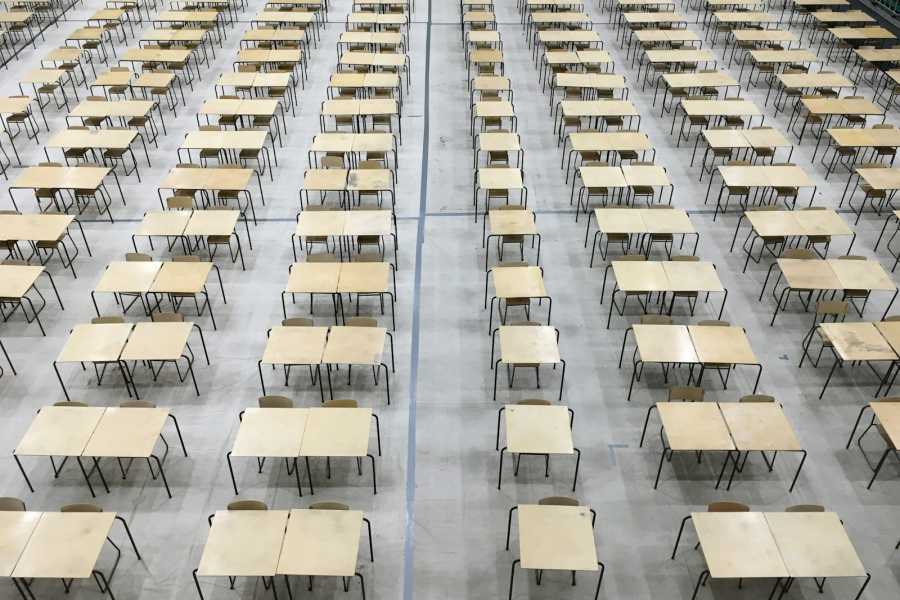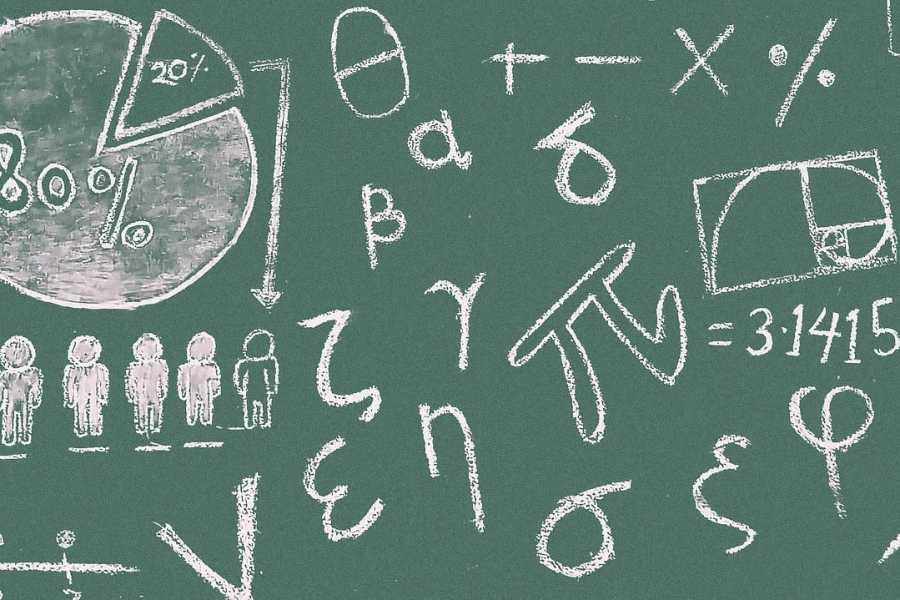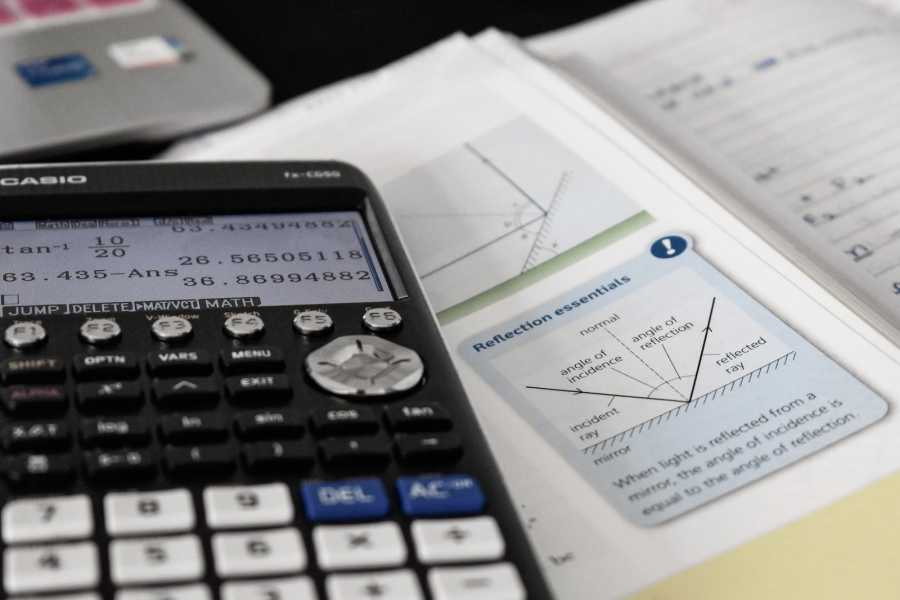Get ready for the 2024 GCSE exams! It’s crucial for students, teachers, and parents to grasp the impact of grade boundaries. These aren’t just numbers; they play a key role in converting exam efforts into grades that shape a student’s academic path. This guide delves deep into the world of GCSE grade boundaries 2024, using insights from 2023’s exams to forecast what’s on the horizon. Let’s dive in and understand the grade boundaries and what it means for overall results.
Understanding GCSE Grade Boundaries
GCSE grade boundaries determine the minimum marks required for each grade and adjust annually to mirror the exams’ varying difficulty levels. This dynamic adjustment maintains a consistent and fair standard of assessment over time. For students, understanding these evolving benchmarks is crucial as it shapes their academic achievements in GCSEs and guides strategic study efforts.
Changes to the GCSE Grading System
Ahead of the 2017 GCSEs, the Government changed the GCSE grading system from A* to G to a numerical system of 9 to 1 (9 being the top grade and 1 being the lowest):

2024 gcse grade boundaries
The number scale is not directly equivalent to the old letter one. However, the two scales do meet in certain places:
- Grade 7 starts where grade A did.
- Grade 4 begins at the same level as grade C.
- Grade 1 commences at the level of grade G.
- The top three number grades, 9, 8, and 7, represent the old top grades of A* and A.
Ofqual has stated that they awarded fewer grade 9s compared to A*s, aiming to highlight exceptional performance.
GCSE Grade Boundaries in Different Subjects
Tackling Essay-Based and Non-Essay Subjects
In GCSE exams, the way grade boundaries are set varies between different subjects. For essay-based subjects like English Literature, evaluators adjust the boundaries based on qualitative analysis of the answers. In contrast, for subjects like Mathematics, the setting of grade boundaries hinges on the objective accuracy of answers to specific questions. It’s vital for students to grasp these distinctions as they prepare for their exams. By customising their study strategies to suit the nature of each subject, students can significantly enhance their chances of attaining the grades they aim for.
The Role of Data in Determining Grade Boundaries
Setting grade boundaries is a data-intensive process. Performance statistics from current and previous years play a significant role in determining where these boundaries should lie. Other data sources, like National Reference Tests and key stage 2 data, provide a broader context that informs the boundary-setting process, ensuring a well-rounded approach to assessment.
The Truths About GCSE Grade Quotas
A common myth is that there’s a quota system for GCSE grades. In reality, the consistency in the distribution of grades year over year is due to the careful calibration of grade boundaries, not a predetermined quota.This clarification is essential for students and educators, emphasizing that performance in exams is the key determinant of grades, not a fixed allocation of grades.
Tiered Papers in GCSE: Understanding the Impact on Grade Boundaries
In GCSE exams, tiered papers – higher and foundation – often feature common questions. This approach aligns standards across tiers, making the grading process fairer and more transparent. For students, the key is to choose the right tier. This choice involves balancing the need for a challenge with the opportunity to excel.
Changes to GCSE Grade Boundaries Post-COVID
The COVID-19 pandemic forced a reevaluation of how grade boundaries are set. The adjustments made during this period were not just responses to immediate challenges but also provided insights into how the system can adapt to unforeseen circumstances.
How GCSEs Were Graded in 2023?
In 2023, GCSE grades in the UK were closer to pre-pandemic levels, moving away from the inflated grades during the pandemic when teacher-assessed grades were used. The grading system took into account the impact of COVID-19 but aimed to align with traditional standards. Senior examiners set GCSE grade boundaries 2023 considering pre-pandemic grades and students’ prior performance, ensuring that students were not disadvantaged by the pandemic. This approach resulted in a slight decrease in top grades compared to the pandemic years but maintained fairness and standardisation.
GCSE Grade Boundaries 2024: What we know so far
Exam Aids May Impact Grade Boundaries 2024
There’s growing speculation that providing students with aids like equation and formula sheets could lead to an upward adjustment in grade boundaries. This stems from the belief that such aids could enhance overall exam performance.
What Are the Predicted Grade Boundaries for 2024?
Predicting the grade boundaries for the 2024 GCSE exams is complex, as they’re set after exams based on various factors. Key expectations for 2024, informed by recent trends and policies, are:
Return to Pre-Pandemic Grading: Ofqual confirmed the end of the transition to pre-pandemic grading, suggesting 2024’s grades will be similar to 2023, aligning with pre-COVID-19 standards.
Influence of Cohort Performance: Grade boundaries will vary depending on nationwide student performance. Higher overall student performance could lead to higher grade boundaries, and vice versa.
When is GCSE results day 2024?
Mark your calendars for GCSE results day in 2024! In England and Wales, students will receive their results on Thursday, 22nd August. Meanwhile, in Scotland, the National 5 results day is scheduled for 7th August 2024.
Usually, schools make results available for collection around 8am. However, it’s important to confirm the exact time and collection method with your school or teachers.
Many schools also offer alternative ways to receive results, such as by post, email, or text message.
When Are GCSE 2024 Grade Boundaries Released?
Grade boundaries get set once students complete their exams and after independent examiners have marked the assessments using specific mark schemes.
To maintain consistency in grades year after year, these boundaries adjust accordingly. For instance, if an exam paper turns out easier than in previous years, the grade boundaries increase to reflect this change. This year, Ofqual plans to raise grade boundaries compared to the last two years, aligning results more closely with pre-pandemic standards.
On GCSE results day, exam boards publish grade boundaries on their websites. AQA, OCR, and Pearson Qualifications (owner of Edexcel) release them at 8am on Thursday. You can find the grade boundaries for each board at the following links:
- For AQA GCSE grade boundaries 2024, click here.
- For OCR GCSE grade boundaries 2024, visit this link.
- To see Edexcel GCSE grade boundaries 2024, go to this page.
How to Appeal Your GCSE Grades
The appeals process in GCSE grading is a critical mechanism for ensuring fairness. If students or educators believe there has been an error in the marking or administration of an exam, they have the right to appeal.
Understanding the procedure for appealing grades is essential. It provides a safety net, ensuring that every student’s performance is accurately and fairly assessed.
Stay Alert for GCSE 2024 Updates and Insights
Stay updated with the latest news and essential resources for GCSE 2024. Keep an eye on our blog posts for up-to-date information and valuable tools to help you excel in your GCSE exams:
Timetable for GCSE 2024
GCSE results revision timetable
GCSE Resources and Exam Aid
If you’re looking for additional resources to help you prepare for your GCSE exams, I highly recommend checking out Recommended Study Guide. It covers a wide range of topics and includes practice questions to test your knowledge.
Students and Patents Also Ask:
GCSE 2024 grade boundaries will be available on results day, Thursday 22 August 2024. The practice of releasing them before results day changed to help reduce stress among students trying to predict their grades.
Yes. In 2024, GCSE grade boundaries are returning to pre-pandemic standards. The two-year transition to these grading levels is now complete, meaning there won’t be the COVID-19 related ‘protection’ measures in place as seen in previous years. This change aims to ensure that grades accurately reflect student performance based on traditional criteria.
The GCSE exams in 2024 are not expected to be easier in terms of content or grading standards. The Department for Education (DfE) has requested Ofqual to continue providing additional support materials, such as formulae and equation sheets for subjects like mathematics, physics, and combined science. This support is a recognition of the unique educational disruptions faced by the student cohort during their early secondary years due to the pandemic. However, these measures are aimed at assisting students rather than making the exams easier.
The grade boundaries for GCSEs in 2024 are expected to align more closely with pre-pandemic levels, as the transition to pre-pandemic grading standards is now complete. This means that the grade boundaries are not likely to be lower than in previous years, especially those impacted by the pandemic.
Found this useful? Share it with others! Just click one of the options below.








Leave a Comment